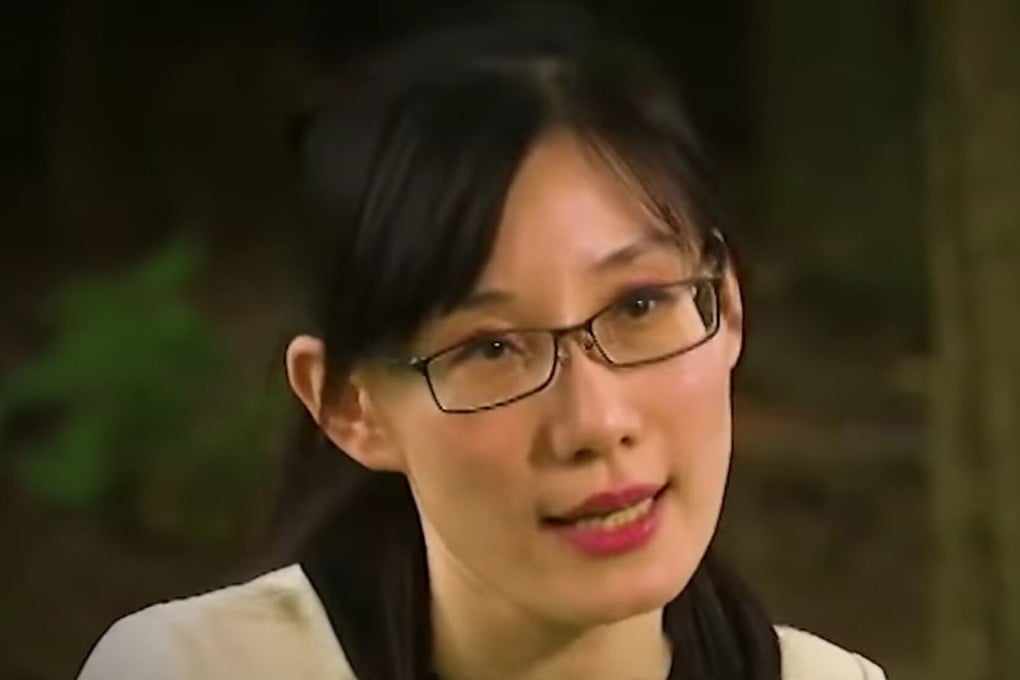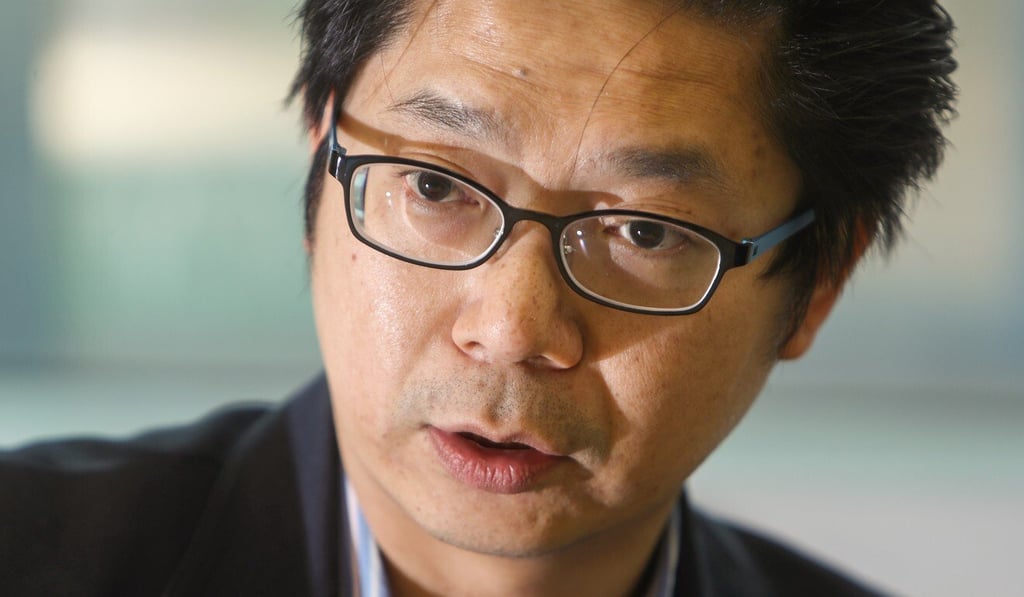Coronavirus: University of Hong Kong dismisses allegations from former employee that Beijing covered up outbreak
- Yan Limeng, formerly of HKU’s school of public health, said the university had failed to act on her findings in late December of human-to-human transmission
- University brushes off her allegations as hearsay, says her Fox News interview did not tally with its facts and had no scientific basis

Yan Limeng, who was a postdoctoral fellow at the University of Hong Kong’s school of public health, had also told a Fox News interview that HKU had failed to act on her findings that the virus could spread among humans.
The virologist said she had uncovered evidence that the Chinese authorities were aware of human-to-human transmission of the coronavirus in late December, which she said she then passed to her superiors at the university but was asked to keep quiet.
In a statement late on Saturday, HKU confirmed that Yan was a postdoctoral fellow who had left the university.
“HKU notes that the content of the said news report does not accord with the key facts as we understand them,” it read. “We further observe that what she might have emphasised in the reported interview has no scientific basis but resembles hearsay.”
HKU also clarified that Yan had not conducted any research on that topic at the university from December to January.

Yan said she was one of the world’s first scientists to study the new virus from the end of December, when her supervisor Professor Leo Poon Lit-man, the HKU school’s division head, asked her to secretly investigate developments in mainland China.